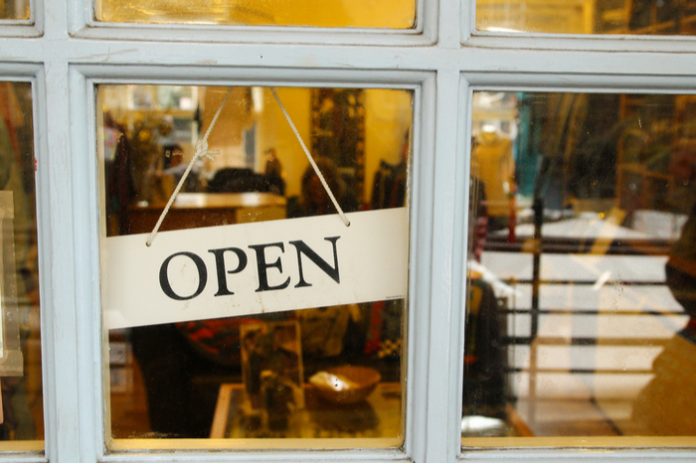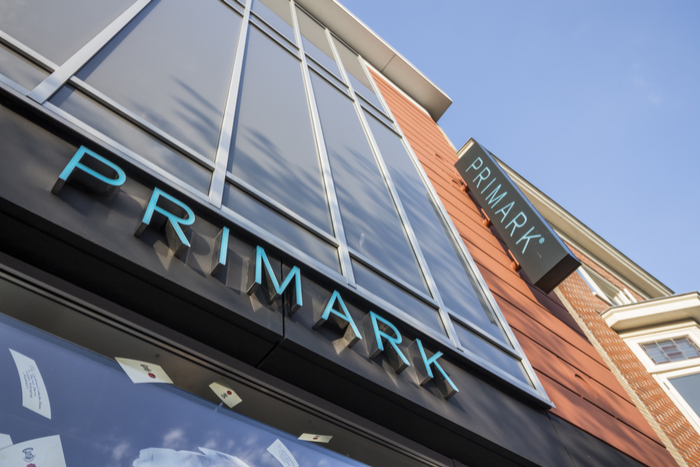

It’s no secret by now that the coronavirus pandemic has not only triggered a deterioration on the UK’s high streets, it’s also forced a dramatic change in spending habits and impacted the lives of those in the retail workforce.
The ONS’s Business Impact of Coronavirus Survey found that between March 23 and April 5, 27 per cent of workers across 6150 businesses were furloughed, with the hope of returning once stores are allowed to reopen.
The pandemic also prompted major retail chains like Oasis & Warehouse, Laura Ashley, Debenhams, BrightHouse and Cath Kidston to file for administration, while John Lewis Partnership’s chairwoman Sharon White this week warned that some of its department stores may not reopen after lockdown restrictions are lifted.
The collapse of the high street has sparked fear into workers and executives as they grapple with the Covid-19 crisis and find ways to lure digitally-adapted customers back into stores once the country exits lockdown.
Many experts told Retail Gazette that retailers would need to prioritise social distancing and other hygiene measures in stores. The BRC also published a new guidance for retailers on how the reopening of stores should take place, which was based on government advice.

“Retailers are going to need to provide shoppers with more reasons than ever to visit shops, and crucially in the immediate term, give them the confidence to be in stores by making social safety a priority,” said Simon Hathaway, managing director of shopper agency Outform.
Doug Mutter, director at online vape retailer VPZ, agreed. He said it would be a “slow release” back into bricks-and-mortar retail and the high street was likely to see new measures such as limiting the number of people in any store at one time.
“Making sure that customers and staff can shop safely is priority number one when stores reopen,” he told Retail Gazette.
“If a retailer cannot guarantee this, then it will face a huge problem with consumer confidence.”
Mutter added that retailers need to remind shoppers of the importance of why bricks-and-mortar retail.
“Customer service, staff expertise and customer experience are all vital now,” he said.
“People have been used to buying without interactions so a stronger focus on making the customer welcome and providing the best products or services you can.”
“Retailers are going to need to provide shoppers with more reasons than ever to visit shops”
However, Ikea’s former head of digital and London Dynamics founder Michael Valdsgaard said “customers won’t need to be bribed for an excuse to get out of the house” once society returns from lockdown. He said retailers should use the channels they have now – their website or social feeds – to engage and remind customers of what awaits them in stores.
“Customers will be looking for experiences they couldn’t get in isolation,” Valdsgaard explained.
“Let’s be honest, who doesn’t miss the feelings of belonging, wealth and sociability high street shopping will always offer?”
Due to the Covid-19 crisis, consumers’ retail habits have inevitably changed. Many have turned to ecommerce solutions while bricks-and-mortar stores are closed.
Dixons Carphone this week said that because a great deal of sales have shifted to online during lockdown, it was “unrealistic” to suggest these would all return to physical stores once restrictions are relaxed. Chief executive Alex Baldock added he was preparing to open stores with “extreme care”.
Inevitably, retailers are now seeking ways bring sales that have shifted to online back into stores as speculation grows that UK may see the end of the lockdown soon – especially since several mainland European neighbours have unveiled phased plans to relax their respective lockdowns.
Chris Ford, senior director at gift card company Blackhawk Network, said retailers can begin to shift online sales back into stores by blending the online shopping experience with physical shops.
“Customers won’t need to be bribed for an excuse to get out of the house”
“Many retailers have invested millions to give consumers the convenience they need during the pandemic through the likes of click and collect or home delivery and this is likely to continue post-lockdown,” he said.
Meanwhile, Fujitsu UK head of retail Nigel Naylor-Smith argued that although online retail has benefited from being a fast and convenient option in recent weeks, it “cannot rival the in-store experience that consumers still love”.
In fact, recent research by jobs site Retail Choice found that 20 per cent of shoppers have become frustrated due to an online customer service tool, such as a chat bot, not being able to answer their enquiry.
This suggests that customers still value the face-to-face interaction of an in-store experience, particularly when it comes to the functions and support that technology can’t quite match.
Nottingham Business School research associate Nelson Blackley told Retail Gazette that retailers would learn from Covid-19.
“Those retailers currently still without any online channel, in particular fast fashion behemoth Primark, will clearly be reviewing strategies as a result of the impact of the Covid-19 temporary store closure requirement,” he explained.

While questions have been raised around Primark’s complete lack of offering an online channel in recent weeks, the retailer made it clear that any strategic decision to open an online channel should not just be a reaction to this global health crisis.
Blackley highlighted that Primark’s “high-volume, low margin, value price model” was not designed for online retail, especially with all the associated delivery and returns costs.
“So perhaps it is understandable they are not making any knee-jerk decisions,” he said.
Covid-19 has undeniably resulted in a drastic shift in consumer behaviour that retailers have not seen in decades. As demand for online retail soars, retailers should use this as an opportunity to regroup and transform their physical stores into a place where shoppers can explore. But expectations should be managed against the expected low footfall in the first few weeks – perhaps months – as lockdown measures are gradually relaxed.
Retail is multifaceted. Businesses need to take their presence online as seriously as their presence in brick-and-mortar in order to serve customers and survive.
Click here to sign up to Retail Gazette’s free daily email newsletter

